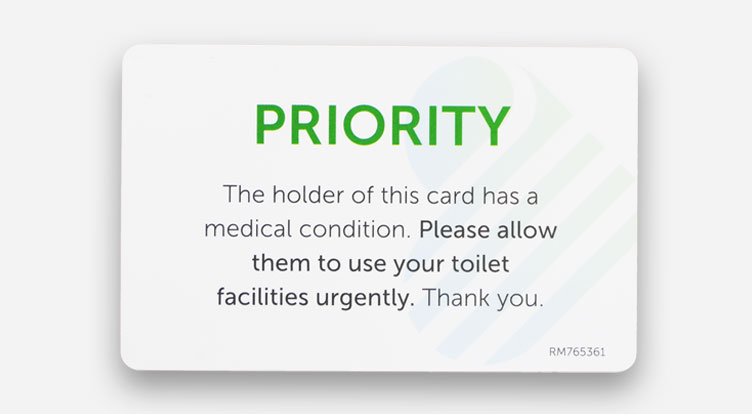Continence Travel Tips
If you are planning a trip away, it is only natural that you may be feeling a little apprehensive about travelling, especially if it is the first time with a continence care condition.
Planning ahead helps to build your confidence and ensure you are fully prepared for your time away.

Medilink® Travel Certificate & Documentation
Always carry your Medilink® travel certificate. This includes an official notice, explaining your medical condition and travel requirements. We have translated this statement into common languages:
- Arabic
- Croatian
- English
- French
- German
- Greek
- Polish
- Portuguese
- Spanish
- Turkish
- Welsh
As part of the Medilink® service, you can request the travel certificate from Medilink® by calling 0800 626388 or email enquiries@saltsmedilink.co.uk
Other common translations
Looking for a Medilink® Travel Certificate translation which is not listed above? We also have a number of common language translations, which are available to download for free from the Medilink® website.
.jpg)
Travel Insurance
Check that your holiday insurance covers your medical history and any pre-existing conditions. If travelling to Europe, ensure you have your European Health Insurance Card (EHIC). This card entitles you to free, or reduced cost, medical treatment in most European countries. This is recommended, in addition to travel insurance.
You can apply for your EHIC by:
Phone: 0330 330 1350
Online: www.ehic.org.uk
Or obtain an application form from your local Post Office.
Airport Advice
Airports can be stressful places for many people, especially when you are travelling with medical supplies. Remember that airports have a restriction on liquids and other items that can be taken on board a flight, and that scissors should be packed in hold luggage. It is probably always best to check specific details with the airline if you are unsure.
TOP TIP: Ensure your wafers are cut in advance of your holiday so that you don’t have to pack scissors. Medilink® offers a free wafer cutting service.
It may be useful to transfer items into small, clear bottles (below 100ml): or request wipes rather than sprays where possible (e.g. adhesive removers or barrier films). Some airports are now offering a distinctive lanyard to passengers with a hidden disability or medical condition. This allows travellers to discreetly identify themselves to staff to ensure tailored help and support can be offered throughout their journey.
You can enquire about a ‘hidden disability’ lanyard at the airport you are travelling to/from to see if they offer this service.
Alternatively, you can download the Hidden Disabilities Airport Support Report by the Civil Aviation Authority for free to find out more information

Luggage & Packing
- Keep a supply of your appliances in your carry-on hand luggage, as well as your checked in luggage, so that it remains with you at all times and is within easy reach.
- Some airlines will allow you to take additional hand luggage with a letter from your GP regarding your medical supplies.
- It may be useful to take different-sized bags with you for different activities. Medilink® supplies all sizes of bags. You may want a larger capacity bag for a long-haul flight, or a smaller bag for swimming.
- If you use catheters, it might be useful to get some that are compact in size to keep in your carry-on luggage, so that they don’t take up too much space.

Medicines & Equipment
- It is handy to get a copy of your prescription from your GP to take with you on your travels.
- Carry your ‘No Waiting’ Medilink® Priority Card with you so that you can use this in case of a toilet emergency. It’s also a quick reference for your Medilink® Personal Number and the useful contact details, in case you need to get in touch.
Please contact your GP, stoma or urology nurse or call NHS 111 for advice if you are at all concerned.

Need support or advice?
If you need any further support or advice, then please contact Medilink® today. You can call us Monday to Saturday, from 9am to 5pm, on Freephone 0800 626388.
